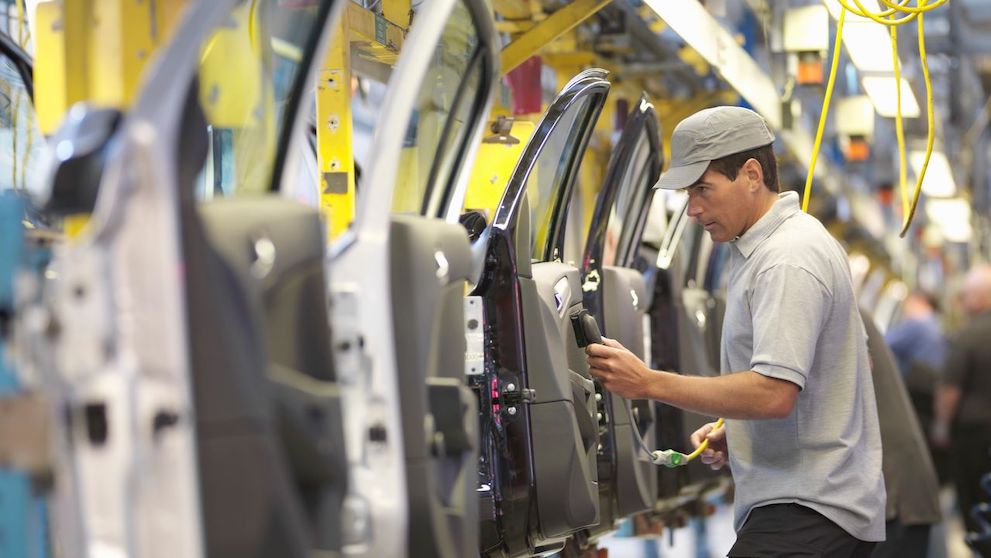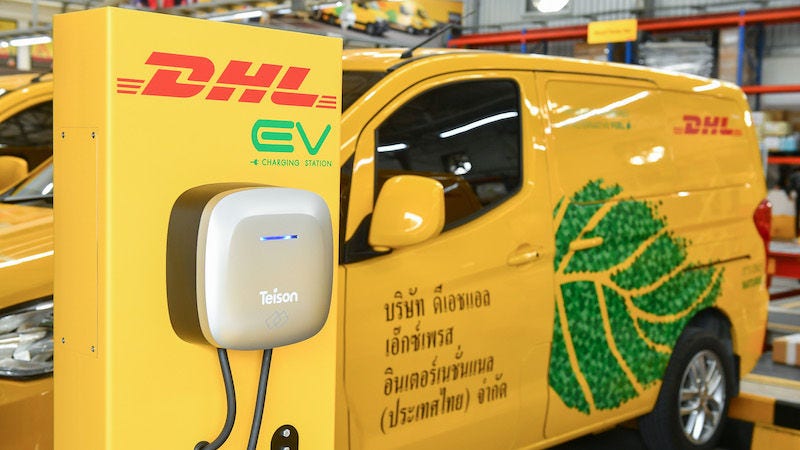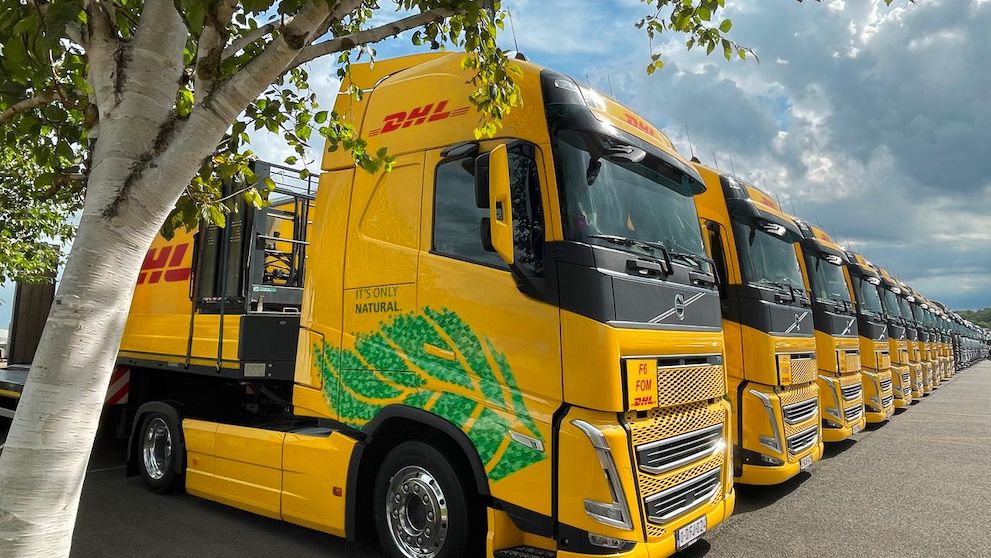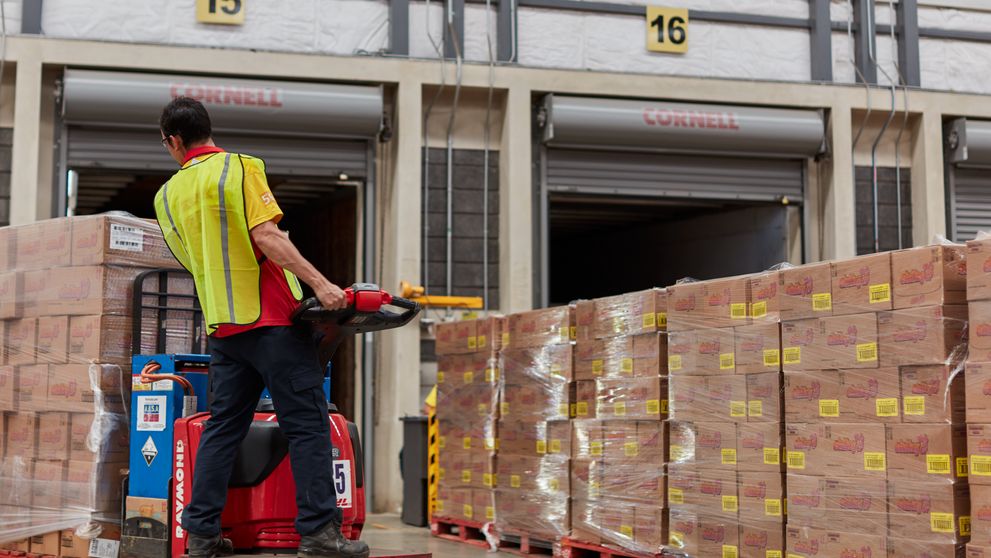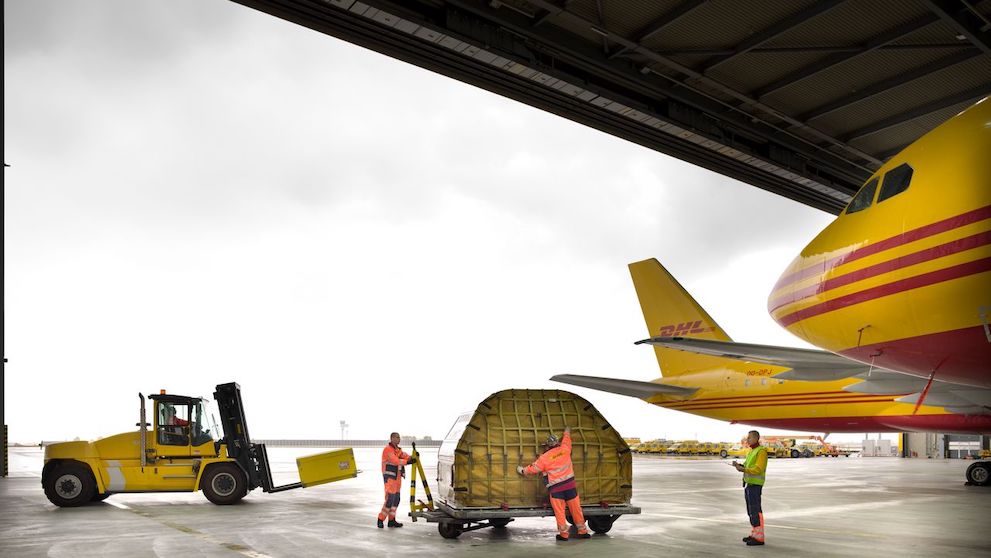The rise of electric vehicles (EVs) is transforming the global automotive industry, and at the forefront of this change is Thailand — increasingly recognised for its pivotal role in the global EV auto parts export market.
Thailand's EV auto parts landscape: A brief overview
In the wake of the electric vehicle boom, Emergen Research estimates that the global EV market is expected to see a CAGR of 22.2% from years 2022 to 2030. The Asia-Pacific region emerges as the potential epicentre of this revolution, expected by McKinsey to account for over 40% of global EV sales by 2030. In this vast landscape, Thailand's EV market shines particularly bright. Established as Southeast Asia's leading automobile production base and ranked 11th worldwide according to the Department of International Trade Promotion, Thailand's automotive legacy is deep-rooted and expansive. The country's vast auto parts industry, valued at US$15.6 billion by Commerce Ministry statistics, continues to make significant strides in adapting to the electric transformation.
Thailand's position as a global auto parts manufacturing powerhouse is, of course, no accident. Over the past six decades, successive Thai governments have deftly used policy directives to woo major Japanese, European, and United States (US) automotive brands, enabling a flourishing ecosystem of parts suppliers in the region. In recent years, aligning with global climate and environmental goals, Thailand has also attracted Chinese EV and EV charger manufacturers like BYD, MG, and Great Wall Motor, further solidifying its position.
The Eastern Economic Corridor (EEC) is expected to be another significant contributor, driving forward the country's automotive ambitions. As investments continue to pour in, the EEC is primed to become a hub for EV car parts manufacturers and EV battery manufacturers, ushering in a new era for Thailand’s automotive sector.
Exporting EV auto parts from Thailand: Navigating the complexities
The process of exporting, especially in a domain as specialised as EV auto parts, involves a myriad of regulations, guidelines, and best practices. Let's break down the essential aspects you should be aware of:
1. Understanding duties and taxes
Every country has its taxation system when it comes to importing products, and EV auto parts are no exception.
- Dynamic tariffs: While many countries are making tariff cuts on imported EV batteries, different economies might have varying duties and taxes based on the specific auto part. It’s imperative for exporters to stay updated on these ever-evolving rates to ensure cost-effectiveness and market suitability.
- Regional trade agreements: Thailand has trade agreements with various countries and blocs, which might offer preferential duty rates for specific auto parts. Leveraging these can be highly beneficial.
2. Comprehending export documentation
Having the right documentation is non-negotiable. It's not just about compliance, but also about ensuring that your auto parts shipments experience no delays at customs.
- Commercial invoice: This serves as a record of the transaction and typically includes details like product description, quantity, selling price, and the terms of trade.
- Packing list: A more detailed breakdown of the package contents. For EV auto parts, this can be especially complex, given the range of components and their specificities.
- Certificate of origin: Some countries provide preferential treatments or tariffs based on the origin of the product. This document certifies the country in which the product was manufactured.
- Specific certificates: Depending on the auto part and destination country, other certificates may be necessary. For instance, certain countries may require safety or quality assurance certifications for EV batteries or other critical components.
3. Adhering to restrictions and regulations
Staying compliant is crucial, both for the reputation of the business and to avoid unnecessary fines or shipment delays.
- Prohibited and restricted parts: Regulatory environments evolve. For instance, the European Union's stance on EV batteries containing specific hazardous materials underscores the importance of understanding each market's unique requirements.
- Quality standards: Some countries might have stringent quality standards for imported auto parts. Meeting these can be a combination of having the right certifications and ensuring the products are up to par. For instance, to export EV motors to Japan, they must meet the JIS (Japanese Industrial Standards) for electrical efficiency and safety. Exporters must obtain this certification to be considered for market entry.
- Environmental and safety regulations: With EVs often at the forefront of sustainability discussions, certain countries may have regulations related to the environmental footprint or safety standards of imported EV components. For example, the US requires that EV batteries pass stringent UN 38.3 transportation tests, ensuring they won't leak or rupture under conditions like pressure changes and temperature variations during shipping.
Mastering the above elements can significantly smoothen the export process. Additionally, forging connections with local chambers of commerce or industry associations, like the Electric Vehicle Association of Thailand, can provide invaluable insights and updates on the latest export trends and requirements.
The DHL advantage: Simplifying EV auto parts shipping from Thailand
For EV car parts manufacturers eager to tap into global markets, DHL Express Thailand provides a suite of comprehensive solutions tailored to the unique needs of the industry:
- International shipping services: Whether it's air freight or ground transportation, DHL Express has got you covered, ensuring that your EV auto parts reach their destination swiftly and securely.
- Real-time tracking: Stay updated every step of the way with DHL Express’ real-time tracking capabilities, ensuring transparency and peace of mind for both shippers and receivers.
- Bulky item shipping capabilities: Electric vehicle components can be cumbersome. Whether it's large EV batteries or robust motors, DHL Express' infrastructure is equipped to handle the unique demands of bulky EV car parts shipments and deliveries.
Couple with our own EV fleet, manufacturers can also enjoy reduced carbon emissions when shipping with us.
